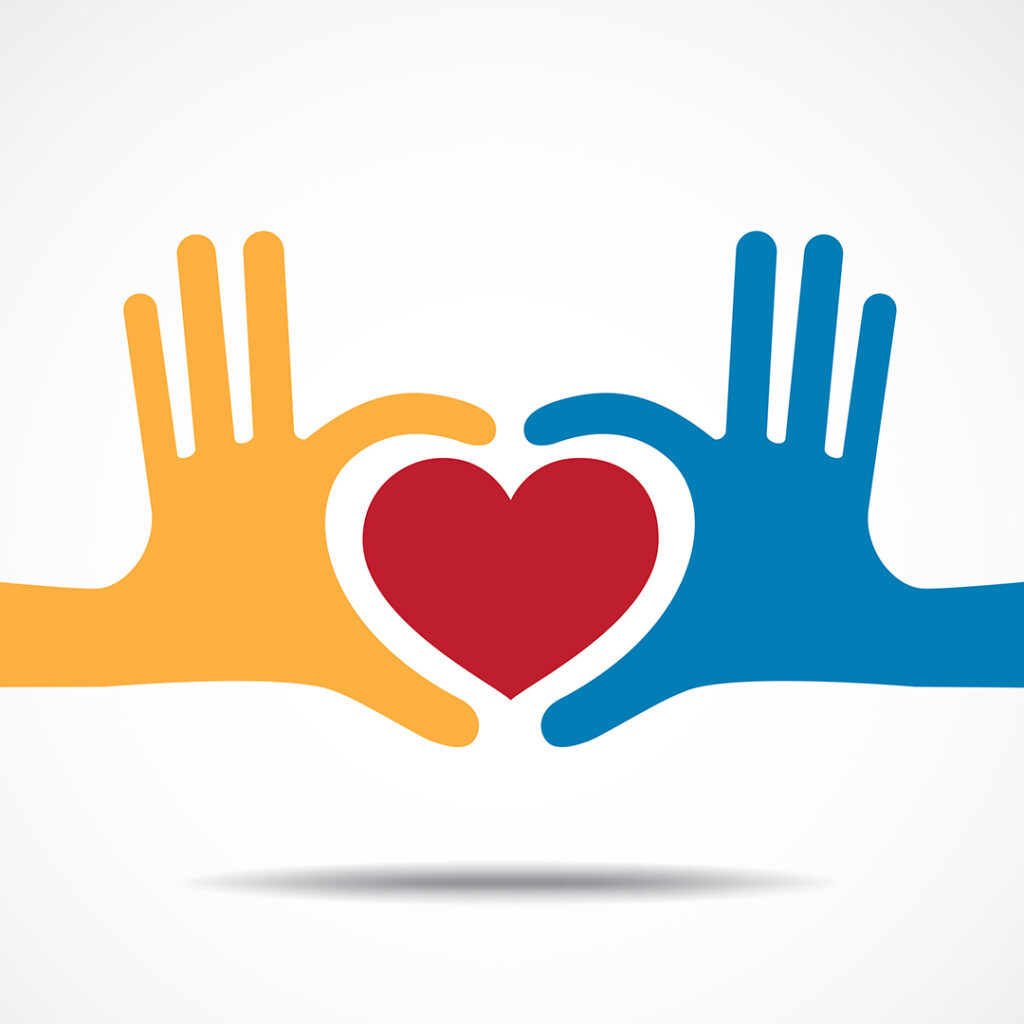
Supporting your students with CARE
This time of the year can be especially stressful for many students with finals quickly approaching and preparing to transition for the semester break. Through your interactions, you may become aware of your students expressing feelings of anxiety, fatigue, depression, hopelessness, or being overwhelmed. Additionally, students may also disclose specific concerns about returning home during the break, including financial hardships, medical issues, or safety concerns.
How do you help?
First, if there is ever a concern for the student’s or your immediate safety, please contact University Police immediately at (907) 474-7721 or by dialing 911.
If there is not an immediately concern for safety, then remember:
- LISTEN: Our natural response might be to try to offer solutions or positivity when faced with another person’s hardship. Though well-intended, this response can come across as dismissive, and you may miss key points of the person’s concerns. Try listening to understand rather than listening to react.
- REPORT: Depending on the information shared, you may be required to report the information. If you feel that the conversation may go in this direction, inform the individual as soon as possible about your reporting requirements. Provide them with confidential resources. If they still choose to share, report the information appropriately as soon as possible.
- SUPPORT: Support comes in many forms. While we cannot (and should not) provide everything to everyone, we can offer empathy through our time, compassion, and knowledge. There are many resources available to students on campus, including counseling. Help the student find and utilize these resources. Not sure where to start? Call the Center for Student Rights and Responsibilities (CSRR).
- FOLLOW-UP: Once you have reported the concerns and gotten the student assistance, don’t be afraid to follow up with them. Send them an email at the end of the semester. Schedule a final check in before finals. This is a good way to show that you care about them. It also gives you an opportunity to provide any additional resources you may have wanted to share and assist them with making connections.

What is CARE?
You do not have to assist distressed students alone! UAF utilizes CARE to assist students experiencing hardship due to academic, behavioral, or health concerns through targeted intervention and support. CARE reminds us to Connect with, Advocate in, Refer to, and Educate within our communities.
The UAF CARE Team is an interdisciplinary team of trained professionals who monitor student behavior, develop appropriate intervention plans, and coordinate services for students.
The purpose of CARE is to assess and coordinate the University’s response to student behavior that may require intervention. CARE provides a proactive and team approach to enhance students’ physical and emotional safety. CARE centralizes the reporting of concerning student behavior, publicizes current policies, and encourages early intervention.
CARE is chaired by the Director of the Center for Student Rights and Responsibilities and comprised of leadership from:
- Student Health and Counseling Center
- UAF Police Department
- Center for Student Rights and Responsibilities
- Residence Life
- Office of the Bursar
- Disability Services
If you have concerns for a student’s well-being or are aware of an ongoing issue, please contact the Center for Student Rights and Responsibilities (CSRR). We do not ask that you investigate the concern yourself, but welcome any relevant information that you can provide.
Most importantly and not said enough, we appreciate all you as faculty do to support students. Navigating stressful situations can be overwhelming and incredibly draining for you as well, take care of yourself. We are always here for you just as much as we are here to help our students.
Center for Student Rights & Responsibilities (CSRR)
Teaching Tip by the Center for Student Rights & Responsibilities (CSRR) who is committed to the safety and success of all UAF community members.
(907) 474-7317



